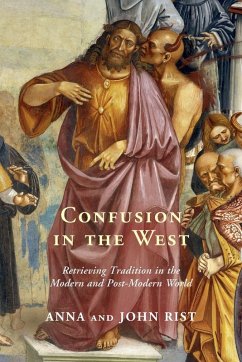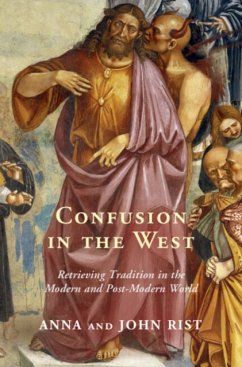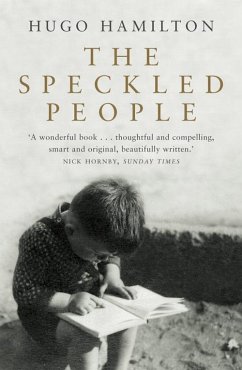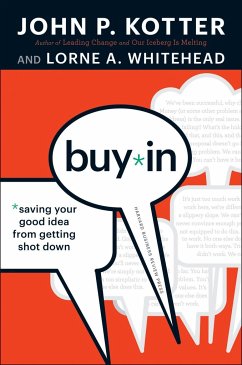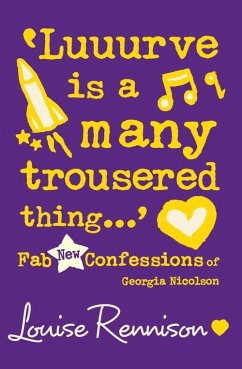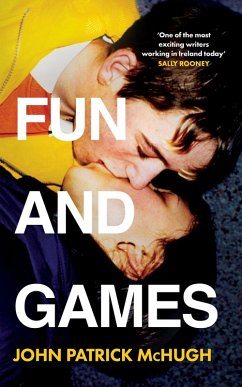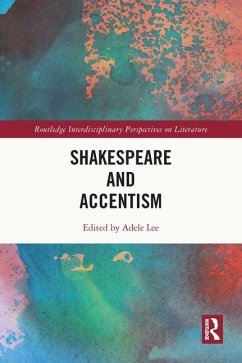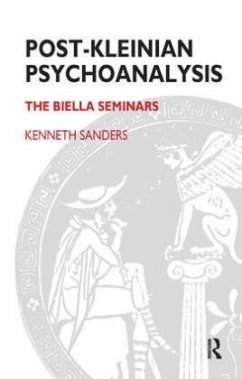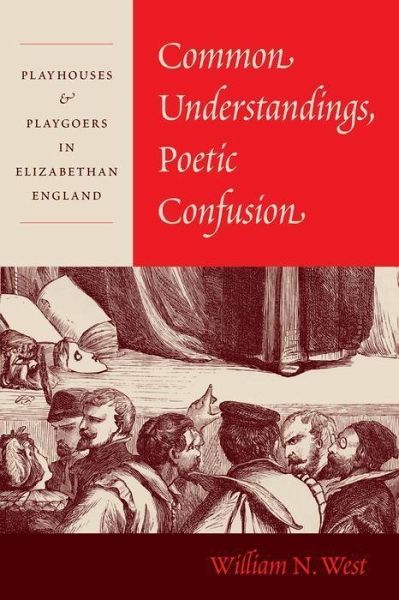
Common Understandings, Poetic Confusion
Playhouses and Playgoers in Elizabethan England
Versandkostenfrei!
Versandfertig in 2-4 Wochen
68,99 €
inkl. MwSt.
Weitere Ausgaben:

PAYBACK Punkte
34 °P sammeln!
"What if at night at the theaters in Elizabethan England more closely resembled attending a rugby match than sitting in a dark, silent audience, passively witnessing the action on the stage, or closer to going to a rock concert than sitting in front of a large or small screen, quietly and distantly absorbing a film or television drama? In this book, West proposes a new account of what happened in the playhouses of Shakespeare's time, and the kind of participatory entertainment expected by both the actors and the audience. Combining the precision of a philologist and the imagination of a philos...
"What if at night at the theaters in Elizabethan England more closely resembled attending a rugby match than sitting in a dark, silent audience, passively witnessing the action on the stage, or closer to going to a rock concert than sitting in front of a large or small screen, quietly and distantly absorbing a film or television drama? In this book, West proposes a new account of what happened in the playhouses of Shakespeare's time, and the kind of participatory entertainment expected by both the actors and the audience. Combining the precision of a philologist and the imagination of a philosopher, West performs careful readings of premodern figures of speech--including understanding, confusion, occupation, eating, and fighting--still in use today, but whose meanings for Elizabethan players, playgoers, and writers have diverged in subtle ways in our era. Playing itself was not restricted to the confines of the actors on the stage but pertained just as much to the audience in a collaborative rather than individualized theater experience, more corporeal, tactile, and active, rather than purely receptive and visual. Thrown apples, smashed bottles of beer, and lumbering bears--these and more contributed to both the verbal and physical interactions between players and playgoers, creating circuits of exchange, production, and consumption,all within the confines of the playhouse. West's account of the experience of the playhouse shows more affinity--and continuity--with more raucous, unruly medieval drama than previous literary critics have allowed. It will be of interest to a wide audience, actors, directors, and scholars included"





